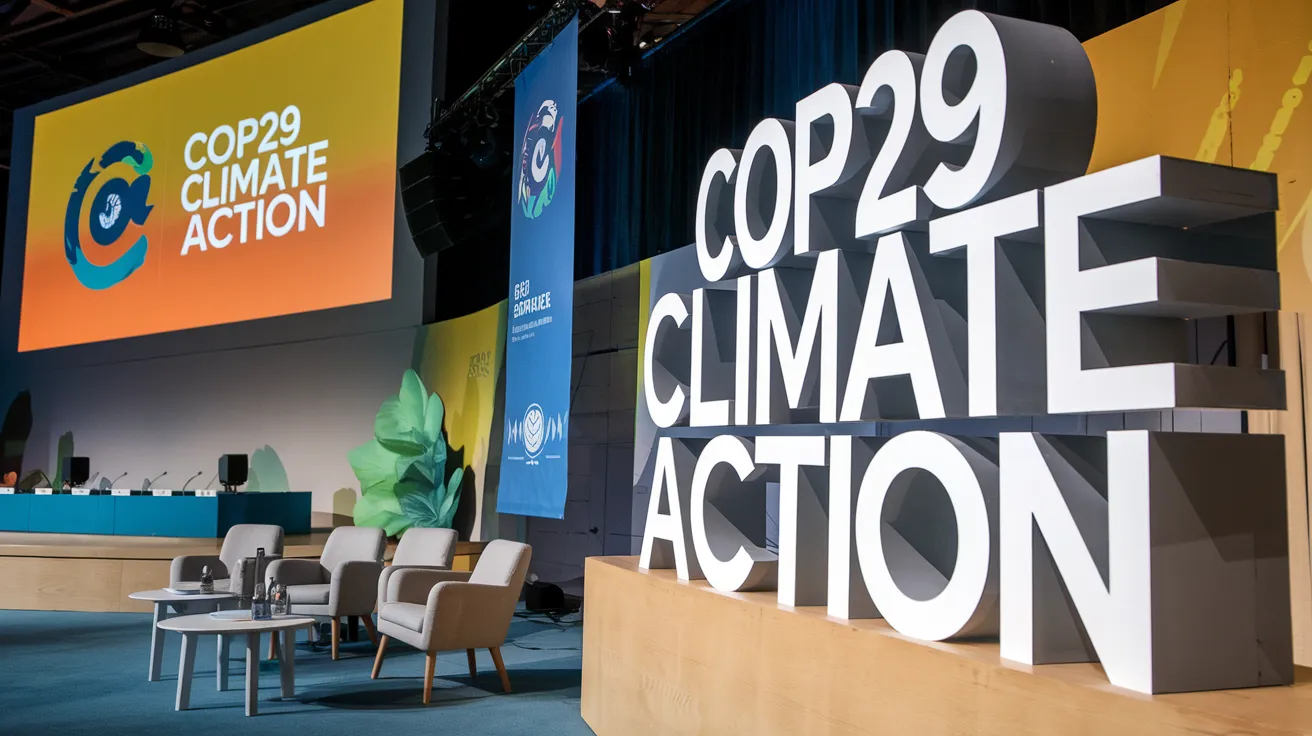Harnessing Digital Technology for Climate Action at COP29

During COP29, held in Baku on November 16, 2024, leaders from technology and environmental sectors endorsed a groundbreaking declaration that emphasizes leveraging digital technologies to advance climate action. This commitment is balanced with the simultaneous need to address the carbon emissions and pollution resulting from tech manufacturing and the ever-increasing challenge of e-waste.
The day was marked as the first-ever ‘Digitalisation Day’ at a UN climate conference, highlighting the pivotal role digital technologies can play in achieving the 2030 Agenda for Sustainable Development. Over 1,000 stakeholders, including governments, companies, and civil society organizations, endorsed the COP29 Declaration on Green Digital Action that emerged from this initiative.
As articulated by the UN International Telecommunications Union (ITU), digital technologies represent essential tools for enhancing climate monitoring, establishing early warning systems, and facilitating climate adaptation and mitigation efforts. For instance, artificial intelligence (AI) and big data analytics are instrumental in optimizing energy consumption within the digital realm, allowing data centers to improve energy efficiency and minimize their carbon footprints.
However, the advancement of digital products and services inevitably contributes to increased energy usage and the challenges of e-waste management. The ITU points out that as digitization proliferates, so too does the energy consumption associated with maintaining AI programs, which rely on constantly running servers. Additionally, substantial electricity is consumed not only by these servers but also in the cooling systems necessary to maintain the data centers’ operations.
These conflicting dynamics were a focal point of discussions at a high-level roundtable during COP29, where the impact of digitization on climate action was scrutinized.
The COP29 Declaration on Green Digital Action acknowledges that while digital technologies can mitigate climate change, there is an urgent need to address their environmental footprint comprehensively. This declaration reinforces that digital innovations can effectively reduce greenhouse gas emissions and furnish critical systems for alerting and protecting communities from climate impacts.
Doreen Bogdan-Martin, ITU Secretary-General, emphasized the importance of this declaration as a pivotal point for Green Digital Action. She stated, “This milestone moment for Green Digital Action at COP29 should propel us forward with the shared belief that we can and must reduce the environmental footprint of digital technologies while leveraging their undeniable potential to tackle the climate crisis.” Bogdan-Martin further called for continued momentum leading up to COP30, promoting a sustainable digital landscape for future generations.
For those interested in further details, extensive coverage of COP29 including various stories, videos, and newsletters can be accessed on the UN’s special events page.